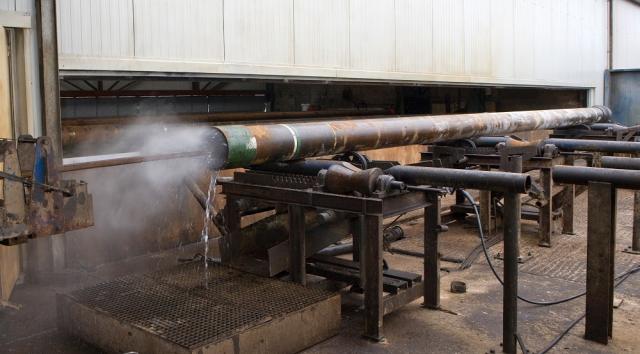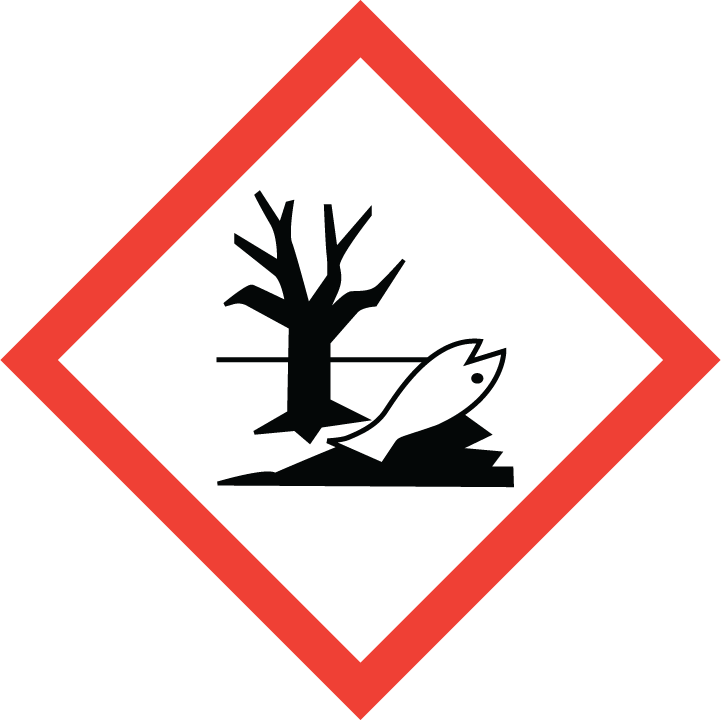Heavy-duty Degreasers
Heavy-duty degreasers play a critical role in various industries
Heavy-duty degreasers play a critical role in various industries such as oil & gas, mining, construction, and industrial maintenance & repair, where the removal of stubborn contaminants, oils, and greases is essential for maintaining machinery and ensuring safety.
Traditionally, hydrocarbons like aromatics have been employed as solvents in heavy duty degreasers but their environmental impact and safety concerns have led to the exploration of more sustainable alternatives.
ESTISOL® fatty acid esters have emerged as a promising option, offering several technical and safety benefits over their hydrocarbon counterparts.
Heavy-duty degreasers are vital cleaning agents utilized across industries to remove stubborn greases, oils, and contaminants from machinery and equipment.
They are used in many industrial sectors, where machinery and equipment are subjected to extreme conditions and harsh environments. The choice of solvent in degreasers is crucial, as it directly impacts efficiency, safety, and environmental impact.
Some ESTISOL® ester solvents have a wide range of benefits making them an attractive alternative to aromatic solvents and terpenes:
- No CLP label
- No VOC
ESTISOL 190 and ESTISOL 242 are powerful solvents with high KB values.
ESTISOL 190 and ESTISOL 242 can substitute aromatic and terpene solvents in heavy-duty cleaners.

Learn more:
Get in touch about information and samples
We make it simple and hassle-free! We're here to provide the best possible customer service!
Just let us know what you need, and we will ensure fast and reliable delivery.
Don’t hesitate to reach out! Contact us here
Need expert advice ?
Whether you have questions about specific products, formulations, or specialized services, we’re ready to advice you through the process.
Feel free to reach out with any inquiries or special requests.
Contact one of our experts here
|
|
ESTISOL 242 |
d-Limonene |
White spirit |
Aromatic 150 |
|
|
Boiling range [°C] |
230-280 |
270-280 |
170-180 |
130-210 |
160-220 |
|
Flashpoint [°C] |
124 |
138 |
46-51 |
36 |
>61 |
|
Viscosity [mPas@25°C] |
4 |
3 |
1 |
1 |
1.5 |
|
Pour Point [°C] |
<- 10 |
-8 |
<-40 |
<-10 |
<-10 |
|
Kauri-butanol value (KB value) |
>250 |
66 |
100 |
37 |
97 |
|
Surface tension @25°C [mN/m] |
27,4 |
27,6 |
26 |
26 |
30.5 |
|
VOC, % |
0 |
0 |
100 |
100 |
100 |
|
Water miscibility [% m/m] |
Dispersible |
Not miscible |
Not miscible |
Not miscible |
Not miscible |
|
CLP Label |
None |
None |
|
|
|
In addition to the technical and EHS benefits, ESTISOL 190 and 242 has a high content of biocarbon. This is a benefit when formulating new cleaning agents with focus on renewable resources
Customer solutions

Formulation Technology
Esti Chem has been active for more than 30 years in the field of solvent substitution, emulsifiers, specialty surfactants, microemulsions, and silicone oil-free defoamers.
We have technical laboratories in Denmark & Germany offering their assistance in the development process.
Esti Chem has accumulated a lot of formulation knowhow in the form of guideline formulations to assist you in the R&D process.

Customer Development
Esti Chems team-based organization is engaged and can react quickly to customer needs.
Our company’s quality systems are certified according to ISO 9001, 14001 and 45001, we are RSPO certified, and we score high on Ecovadis sustainability rating.
Esti Chem has long-term experience in customer-specific projects: We turn your needs into products!
Four reasons to do business with us
More than 30 years of experience
ESTI CHEM has more than 30 years of experience in the development of sustainable products based on natural raw materials.
We help customers transforming their products to fit the needs of the future.
Short time delivery and a reliable supply chain
ESTI CHEM knows the importance of timely access to raw materials.
A broad range of our products are available from stock, and our supply chain team is ready to assist you.
We deliver samples, technical information & support
Development of new formulations can be a bumpy road with many challenges on the way.
ESTI CHEM will assist you with product samples, technical information & support during the development process
Certified ISO 9001 - 14001 – 45001 – RSPO – Rated ECOVADIS Platinum
ESTI CHEM is certified according to ISO 9001, 14001, 45001, and RSPO.
We are Platinum-rated by Ecovadis on sustainability.
Our processes are well-documented and focused on providing service and support to our customers.
Get in touch
We appreciate your interest in our products and services.
Let us get back to you
Use the contact form and we will strive to make a reply in 24hours.





